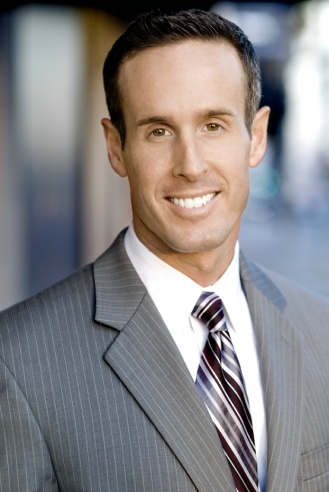Copyright Protection and Other Rights Hard to Get in Social Media

SHARE
FULL STORY
SHARE
Los Angeles, CA (Law Firm Newswire) June 16, 2011 – Social media has now reached such a fever pitch in our society that people want to copyright their tweets on Twitter and Facebook posts. Los Angeles intellectual property attorney Anthony Spotora has received many calls recently for people wanting to copyright their words, sue others for copying posts, and for claims of social media defamation.
Right now copyright protection does not exist for social media users. Many of the sites’ terms of service policies show that by posting content an individual automatically grants the site to use, copy, display, and create a derivative work of any content posted or sent out. And should any site modify its rules, by simply using the site, the user consents to the new rules. Only in very rare circumstances can copyright protection be granted.Case law shows that word count and originality do matter. As most posts and tweets are unoriginal – commentaries about a TV show, family outing, or breaking news – and factual, it is more difficult to establish its creativity and uniqueness. But certain celebrities command millions of followers and write catchphrases that become part of a social and product marketing frenzy. Also, accomplished and budding poets and writers can be well suited to writing haikus, for example, with Twitter’s 140 character limit. These individuals would not want to see their short yet brilliant works helping another person or company make a profit.
“What’s more practical is copyrighting a compilation of your tweets or catchphrases if they are legitimate enough to command protection for its commercial value or creativity,” said Spotora, who is the managing attorney at Spotora & Associates.
Copyright protection, should it be valid, does not get enforced automatically. An individual must register it with the U.S. Copyright Office to prevent use by a third party. Since most social media users don’t have valid claims, many of the social media sites have guidelines for software developers and reposting of material. Both Twitter and Facebook recommend that any posts or tweets to be republished should provide attribution of the author, maintain the integrity of the original content, obtain the author’s consent, and get permission if the content is to be made into a commercial product.
“Copyright protection is just one segment of the calls we’re handling right now,” Spotora said. “Others are calling about online partnership deals gone bad or instances where comments have defamed an individual.”
All of these scenarios have more legal repercussions and merit expert legal counsel. From his Century City offices off Santa Monica Boulevard, Spotora is well poised to keep updated about the intersection of new media, Internet, intellectual property rights, and the law. He and his team of senior-level attorneys represent both individuals and businesses with solid legal guidance and a hands-on approach.
To learn more, talk to a Los Angeles Business Lawyer or Los Angeles business Attorney by visiting http://www.spotoralaw.com/.
Law Offices of Spotora & Associates, P.C.
1801 Century Park East, 24th Floor
Los Angeles, California 90067-2302
Call: (310) 556.9641
[mappress mapid=”56″]
[iframe http://www.spotoralaw.com/virtual-lawyer/ 100% 500px]

